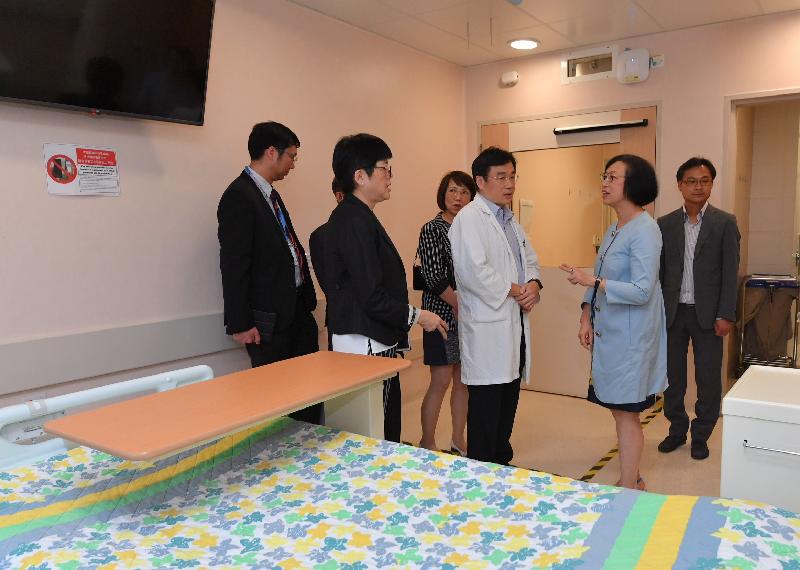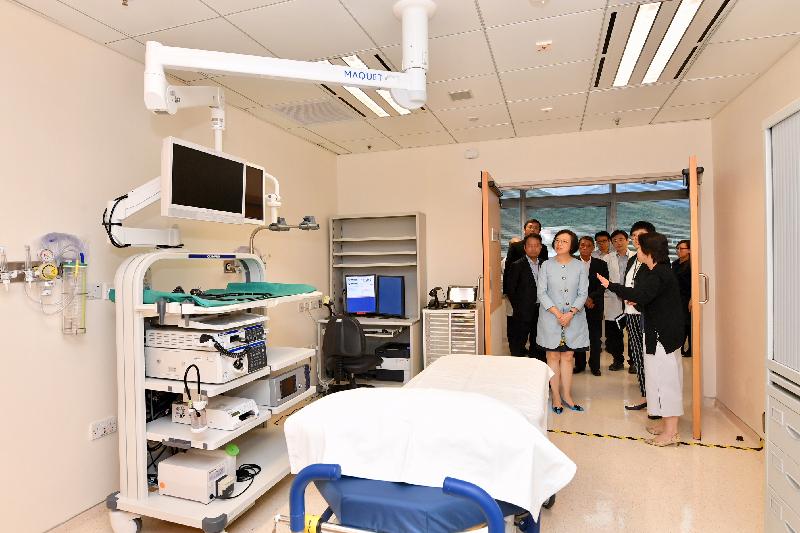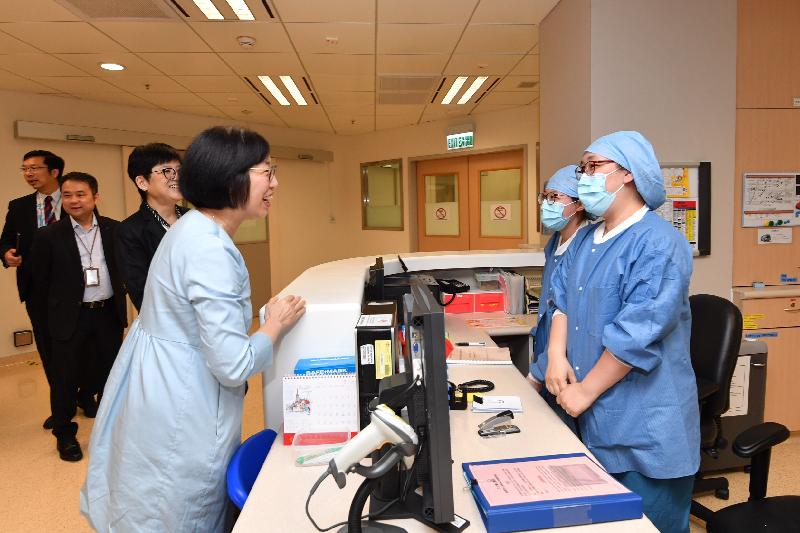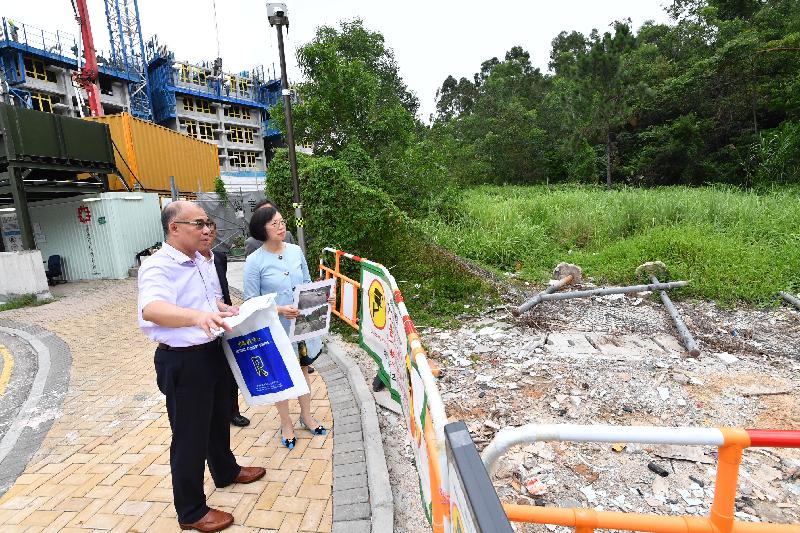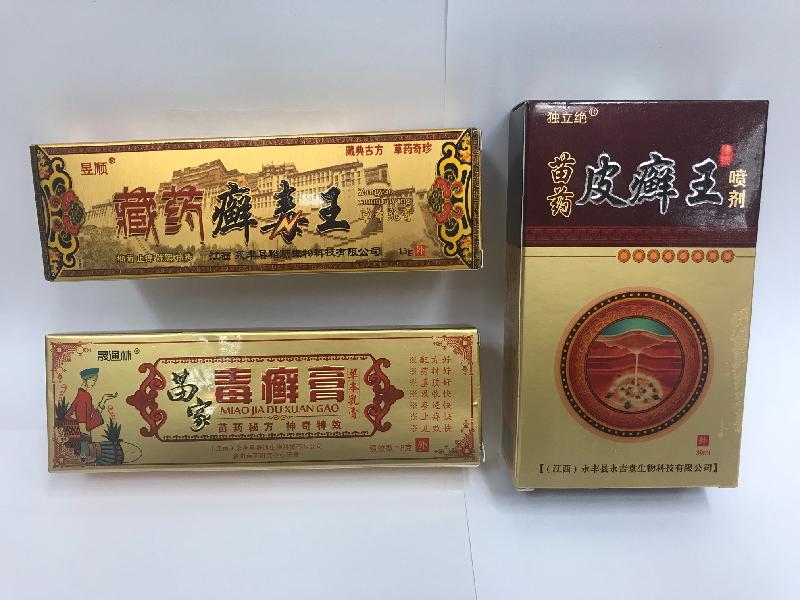CHP investigates hand, foot and mouth disease outbreak at residential child care centre in Wan Chai District
The Centre for Health Protection (CHP) of the Department of Health is today (June 21) investigating an outbreak of hand, foot and mouth disease (HFMD) at a residential child care centre in Wan Chai District, and again urged the public, schools and institutions to maintain strict hand, personal and environmental hygiene.
The outbreak affected 29 young children, 15 boys and 14 girls aged 1 to 3, who have developed fever, oral ulcers, rash and vesicles over hands or feet since June 1. All of them sought medical attention and none required hospitalisation. All patients are in a stable condition.
The stool specimen of one affected child tested positive for enterovirus upon laboratory testing.
Officers of the CHP have conducted a site visit to the centre and advised the management on necessary infection control and preventive measures. The centre has been placed under medical surveillance. Investigations are ongoing.
“HFMD is common in children while adult cases may also occur. It is usually caused by enteroviruses (EVs) such as Coxsackie virus and EV71. It is clinically characterised by maculopapular rashes or vesicular lesions occurring on the palms, soles and other parts of the body such as the buttocks and thighs. Vesicular lesions and ulcers may also be found in the oral cavity. Sometimes patients present mainly with painful ulcers at the back of the mouth, namely herpangina, without rash on the hands or feet,” a spokesman for the CHP said.
“HFMD occurs throughout the year. A summer peak usually occurs from May to July. As young children are more susceptible, parents should stay alert to their health. Institutional outbreaks may occur where HFMD can easily spread among young children with close contact,” the spokesman added.
To prevent HFMD, members of the public, and especially the management of institutions, should take heed of the following preventive measures:
- Maintain good air circulation;
- Wash hands before meals and after going to the toilet or handling diapers or other stool-soiled materials;
- Keep hands clean and wash hands properly, especially when they are dirtied by respiratory secretions, such as after sneezing;
- Cover the nose and mouth while sneezing or coughing and dispose of nasal and oral discharges properly;
- Regularly clean and disinfect frequently touched surfaces such as furniture, toys and commonly shared items with 1:99 diluted household bleach (mixing one part of bleach containing 5.25 per cent sodium hypochlorite with 99 parts of water), leave for 15 to 30 minutes, and then rinse with water and keep dry. For metallic surfaces, disinfect with 70 per cent alcohol;
- Use absorbent disposable towels to wipe away obvious contaminants such as respiratory secretions, vomitus or excreta, and then disinfect the surface and neighbouring areas with 1:49 diluted household bleach (mixing one part of bleach containing 5.25 per cent sodium hypochlorite with 49 parts of water), leave for 15 to 30 minutes and then rinse with water and keep dry. For metallic surfaces, disinfect with 70 per cent alcohol;
- Children who are ill should be kept out of school until their fever and rash have subsided and all the vesicles have dried and crusted;
- Avoid going to overcrowded places; and
- Parents should maintain close communication with schools to let them know the latest situation of the sick children.



